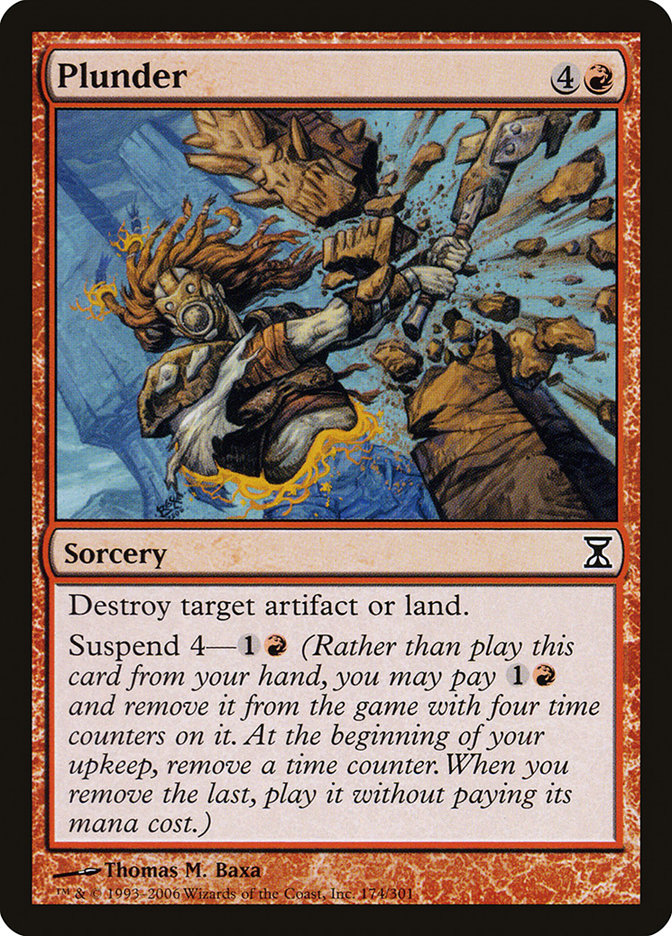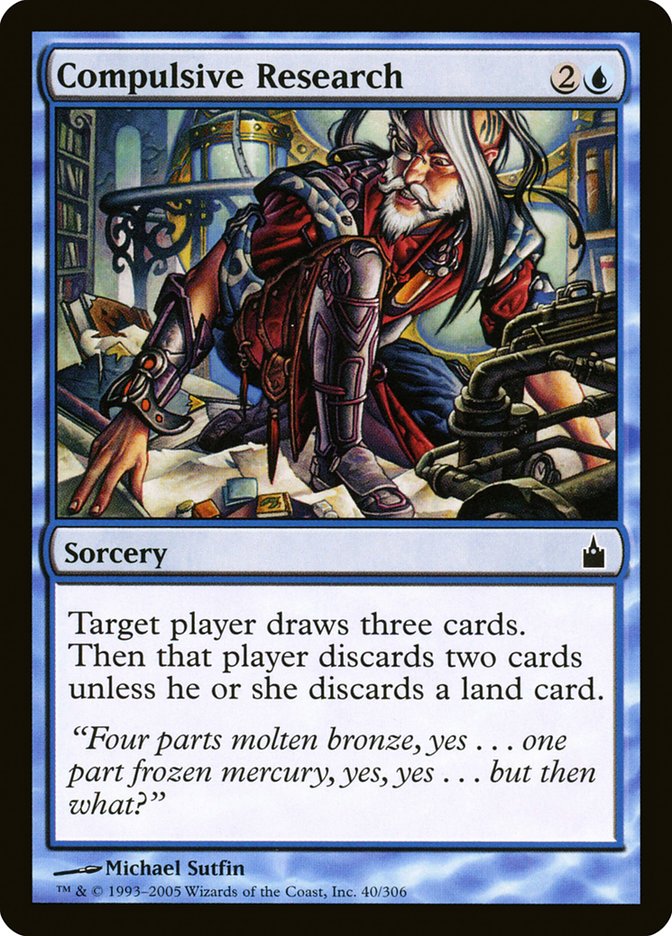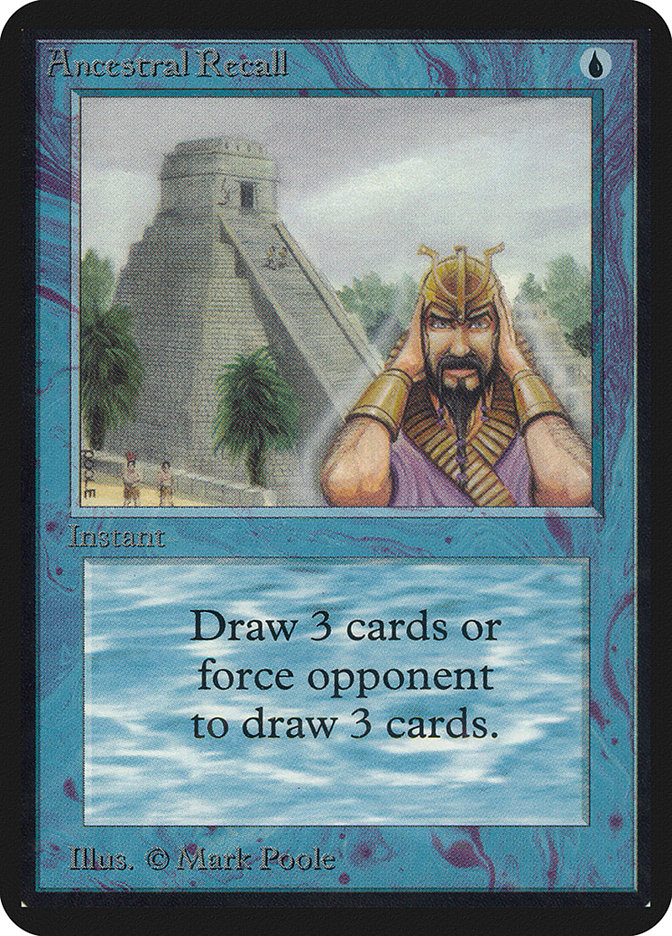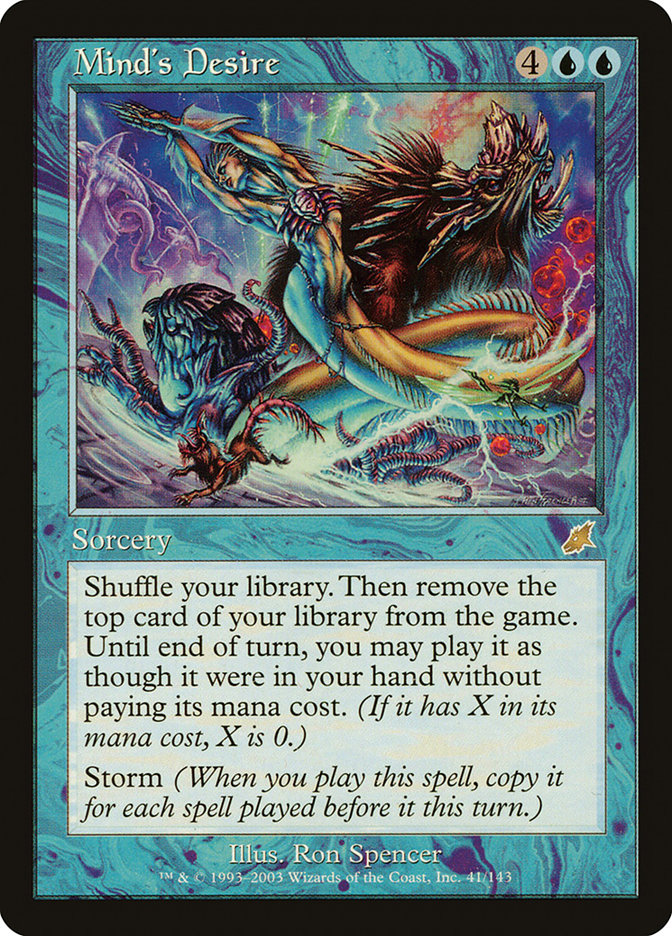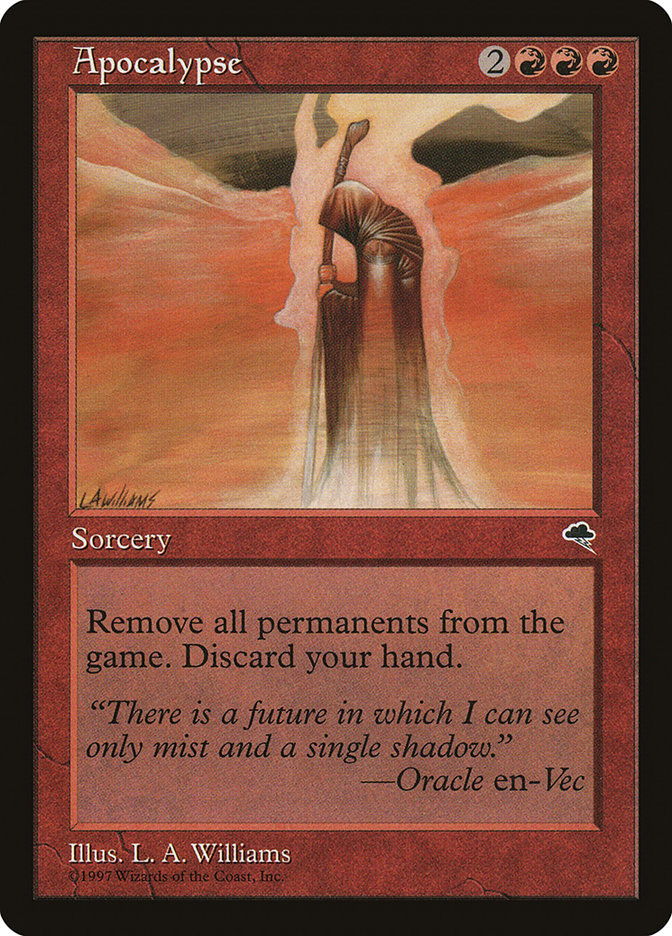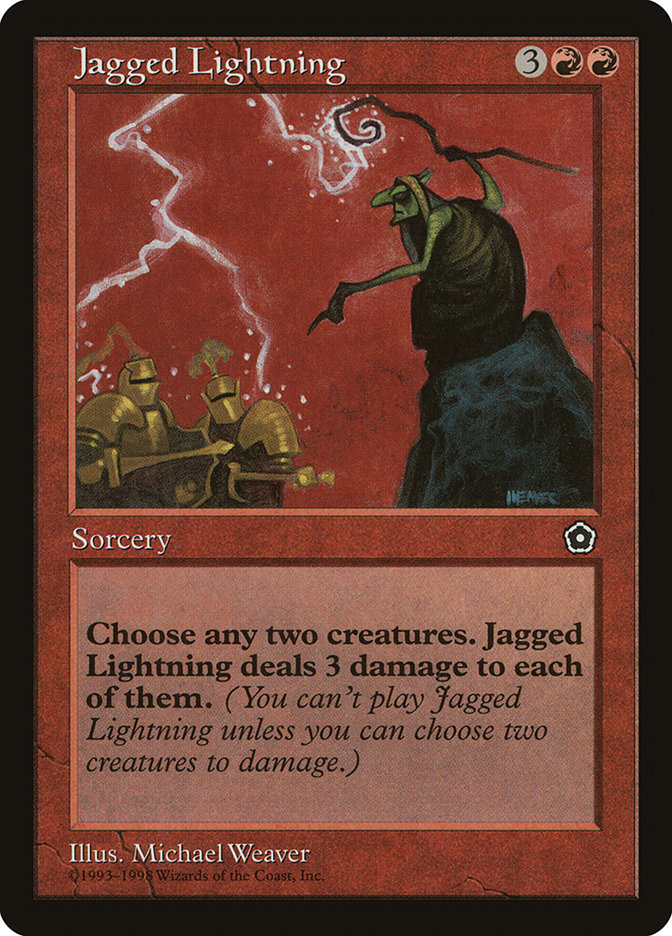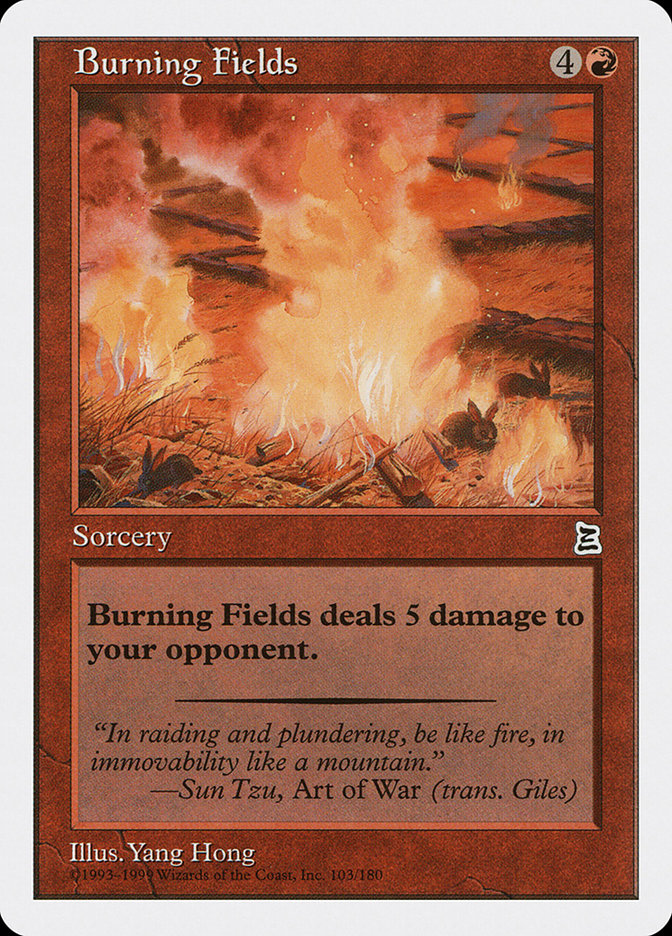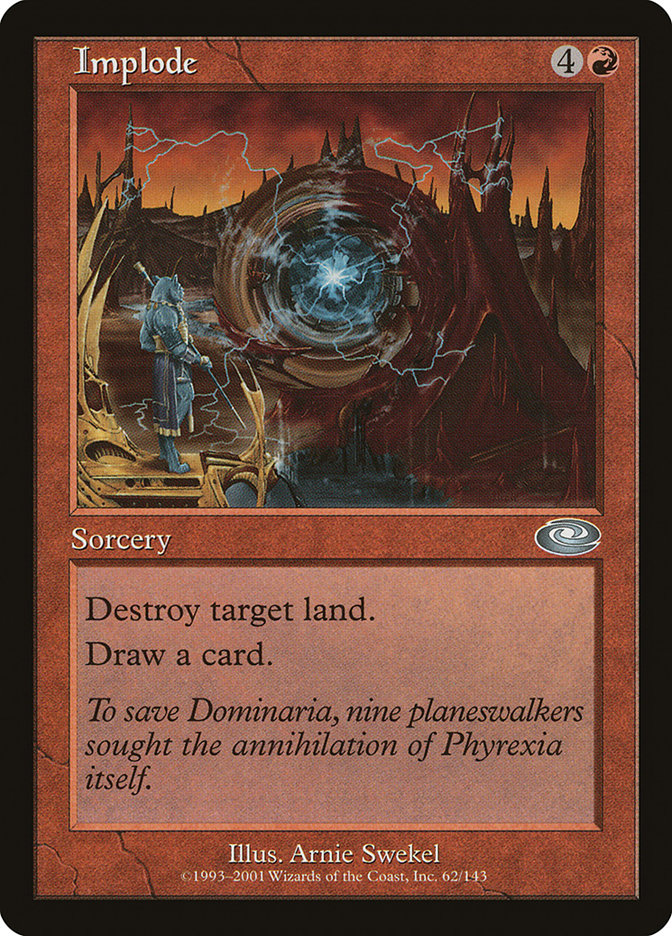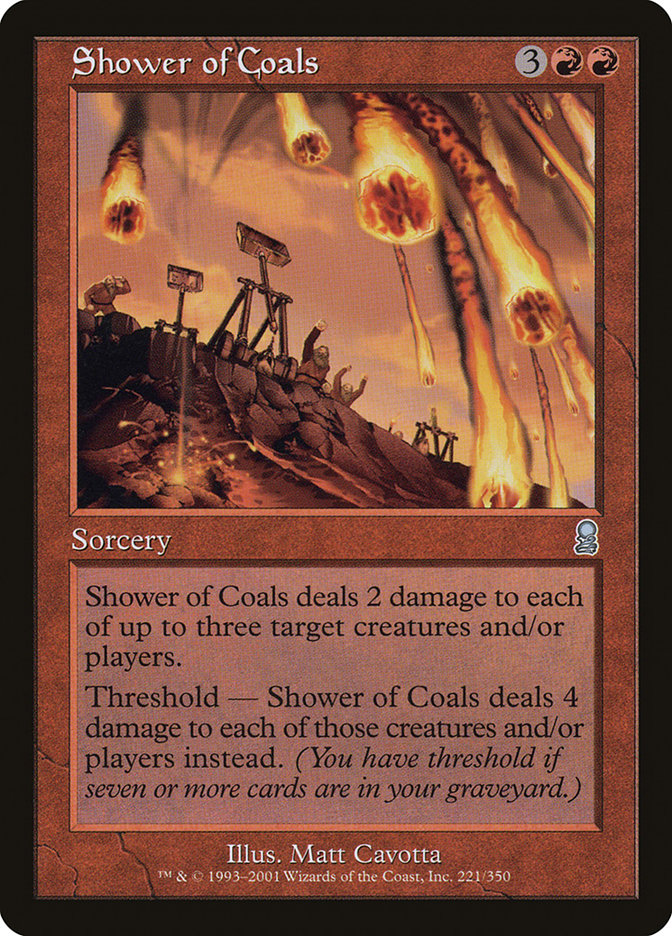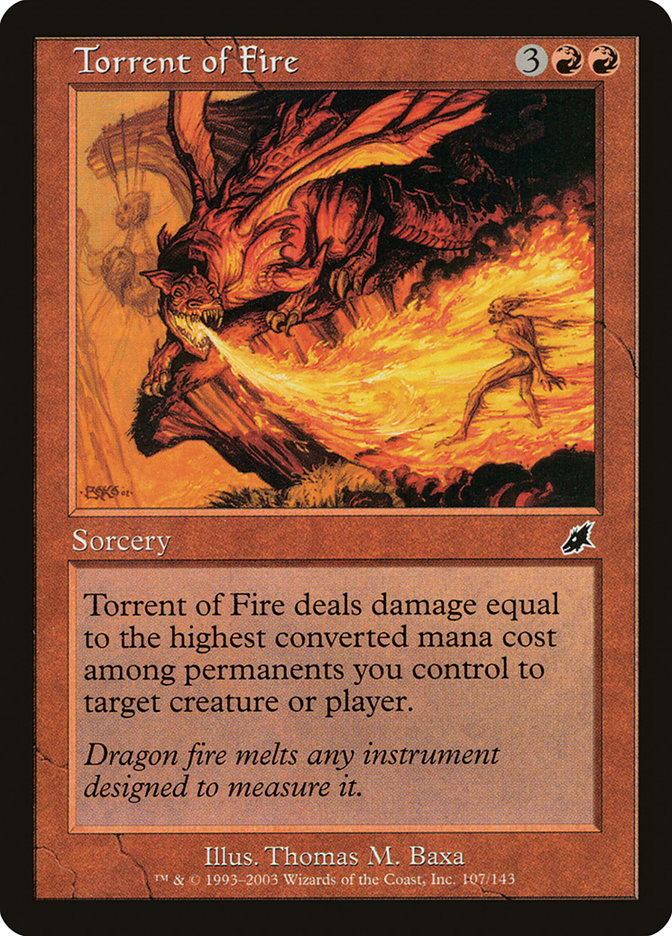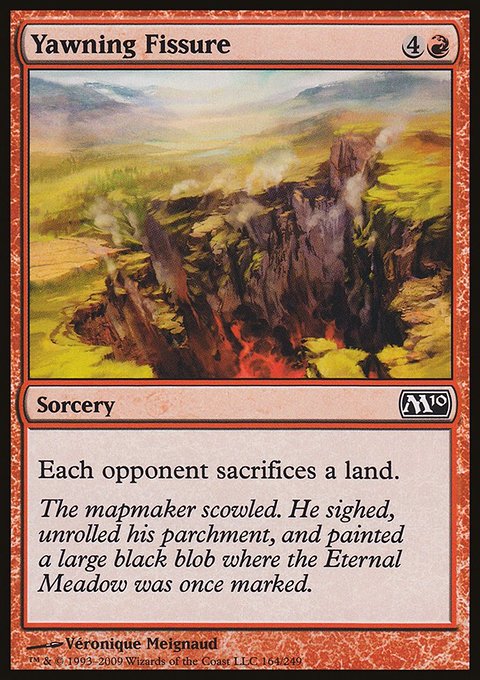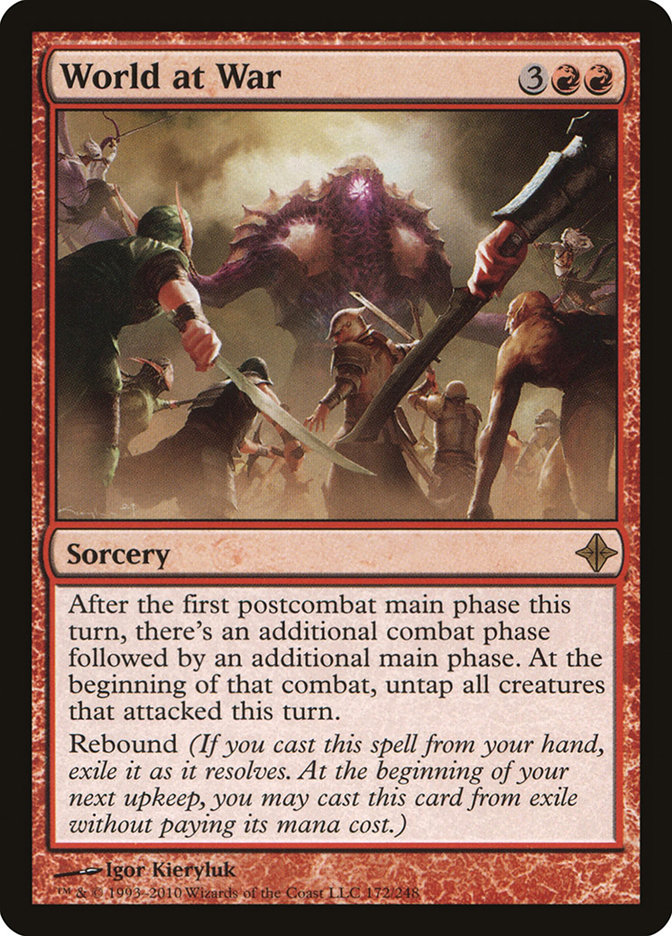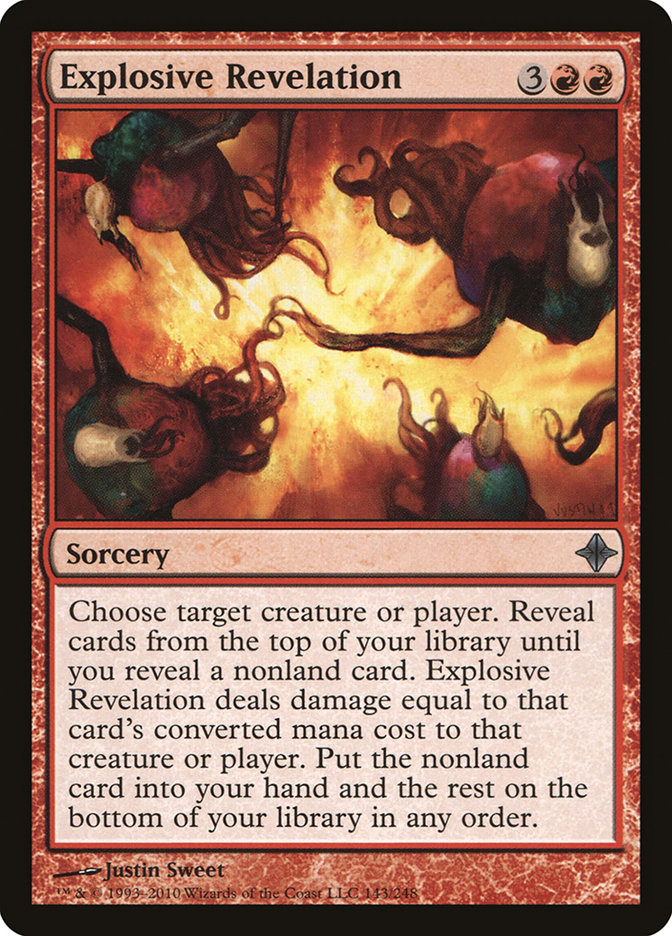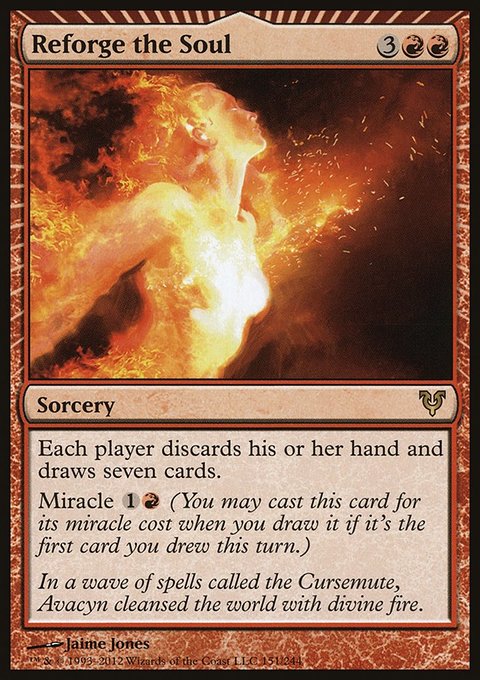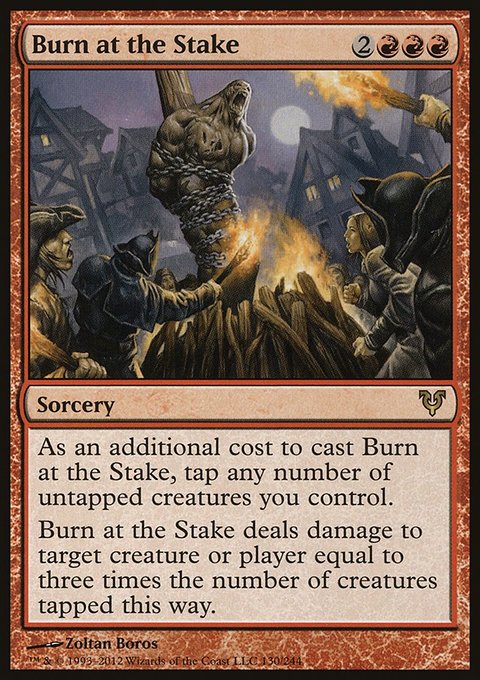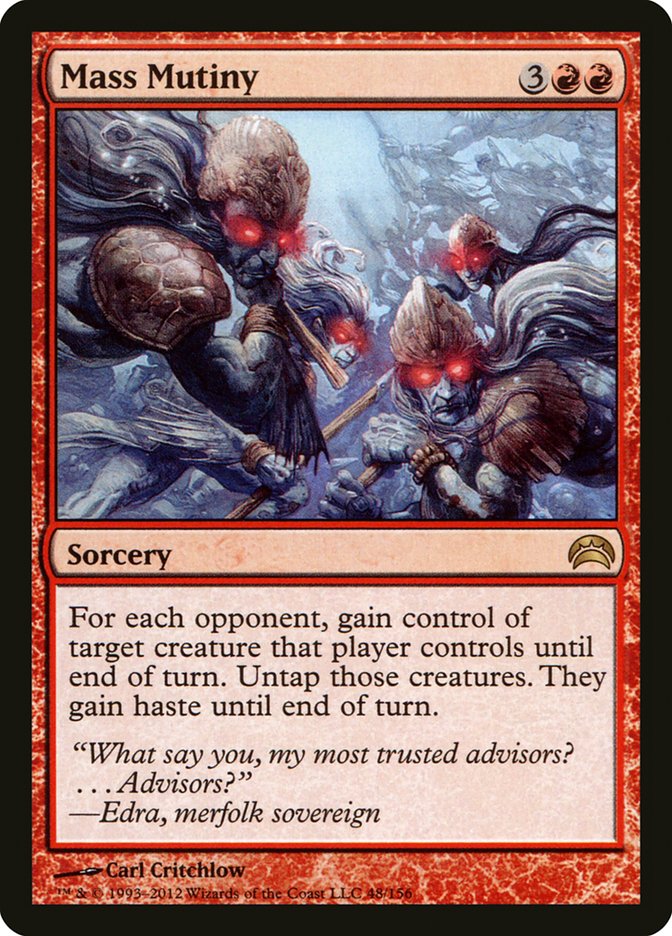Plunder MTG Card
| Mana cost | |
| Converted mana cost | 5 |
| Rarity | Common |
| Type | Sorcery |
| Abilities | Suspend |
| Released | 2006-10-06 |
| Set symbol | |
| Set name | Time Spiral |
| Set code | TSP |
| Number | 174 |
| Frame | 2003 |
| Layout | Normal |
| Border | Black |
| Illustred by | Thomas M. Baxa |
Text of card
Destroy target artifact or land. Suspend 4— (Rather than play this card from your hand, you may pay and remove it from the game with four time counters on it. At the beginning of your upkeep, remove a time counter. When you remove the last, play it without paying its mana cost.)
Cards like Plunder
Plunder finds its place among Magic: The Gathering’s broad repertoire of card advantage spells. It’s often akin to cards like Compulsive Research, which allows a player to draw three cards at the cost of either discarding a card or a land. While both are potent for cycling through your deck, Compulsive Research lacks Plunder’s potential for drawing from an opponent’s deck, adding an element of unpredictability and strategy.
Ancestral Recall is another legendary spell that draws three cards but with no further conditions. While this comparison may seem lopsided due to Ancestral Recall’s iconic status and power level, it highlights Plunder’s broader gameplay implications in the shared theme of card draw. Plunder isn’t just about drawing cards; it’s about manipulating both players’ resources, making it a sneakier and more interactive choice. Mind’s Desire is another spell that plays with the library, but it shuffles and plays with the top card of your deck, quite the gamble compared to Plunder’s direct approach.
By comparing these mechanics, we can see that Plunder is a multifaceted spell. It works well for those looking to incorporate both deck manipulation and opponent interference on top of the base card draw, marking its unique spot in the card advantage landscape of Magic: The Gathering.
Cards similar to Plunder by color, type and mana cost
Card Pros
Card Advantage: In the fast-paced world of MTG, drawing cards is akin to amassing an arsenal and Plunder ensures that you’re never in short supply. By providing extra cards, it sharpens your strategic edge, keeping you well-prepared for the evolving battlefield.
Resource Acceleration: Efficiency is key in gameplay, and Plunder acts as a dynamic conduit for resource acceleration. The creation of Treasure tokens not only gives you a spontaneous burst of mana but also smooths out your mana curve, allowing for a more fluid play experience.
Instant Speed: Flexibility during gameplay cannot be underestimated and Plunder, playable at instant speed, offers just that. It provides the advantage of adaptability, enabling you to react to an opponent’s move with cunning timing or to optimize the end of their turn, thus keeping them guessing.
Card Cons
Discard Requirement: Plunder incorporates a discard mechanic that can backfire if your hand is already depleted of options. By requiring a card to be thrown away, you shrink your pool of potential plays, which could hinder your strategy more than help it, especially in longer games where every card counts.
Specific Mana Cost: Plunder asks for an exact mana combination to cast, including more stringent color requirements. This makes it less flexible and could restrict its inclusion to heavily red-aligned or pirate-themed decks, potentially excluding a broader range of deck types that could otherwise benefit from its capabilities.
Comparatively High Mana Cost: Another aspect to consider is its mana cost relative to its impact on the game. While Plunder may offer a unique benefit, with a mana cost that’s above the curve for its effects, it competes with a plethora of other cards that could offer similar or better advantages for the same or lower investment, thus limiting its desirability in a finely-tuned deck.
Reasons to Include Plunder in Your Collection
Versatility: Plunder offers flexibility in deck construction, being an asset in both aggressive and control decks. Its ability to disrupt the opponent’s draw while also enhancing your own makes it a multifaceted tool in various MTG formats.
Combo Potential: The card plays well with strategies that benefit from knowing the opponent’s hand or that capitalize on discard mechanics. It synergizes with effects that trigger upon an opponent discarding a card or with reanimation tactics to utilize the discarded cards for your advantage.
Meta-Relevance: In a game environment where information and card advantage are paramount, Plunder keeps you one step ahead. Its effectiveness against decks that rely on specific cards can be a turning point in tight matches, making Plunder relevant in numerous metagame scenarios.
How to beat
Plunder carves its niche within the MTG realms through its unique twist on card advantage mechanics. Distinguished from other draw effects, Plunder’s advantage comes with a prerequisite—a creature must first have dealt combat damage to a player. This condition can be a double-edged sword for both the user and those facing it.
In the context of tackling Plunder, disrupting creature-based strategies becomes key. Removal spells are effective in eliminating potential combat damage triggers before they happen. Sweepers such as Wrath of God or Damnation can reset the board, nullifying the chance for Plunder to proc. Moreover, countering the spell itself with answers like Counterspell or Negate before it hits the field keeps you ahead of the curve.
Another angle to consider is creature-based control, employing cards like Propaganda or Ghostly Prison to tax opponents’ attacks, deterring them from engaging in combat. Players should also be wary of instant-speed interaction, which can prevent Plunder’s trigger during combat. By evaluating threats and deploying the right answers, players can mitigate the impact of Plunder and maintain control over the game.
Where to buy
If you're looking to purchase Plunder MTG card by a specific set like Time Spiral, there are several reliable options to consider. One of the primary sources is your local game store, where you can often find booster packs, individual cards, and preconstructed decks from current and some past sets. They often offer the added benefit of a community where you can trade with other players.
For a broader inventory, particularly of older sets, online marketplaces like TCGPlayer, Card Kingdom and Card Market offer extensive selections and allow you to search for cards from specific sets. Larger e-commerce platforms like eBay and Amazon also have listings from various sellers, which can be a good place to look for sealed product and rare finds.
Additionally, Magic’s official site often has a store locator and retailer lists for finding Wizards of the Coast licensed products. Remember to check for authenticity and the condition of the cards when purchasing, especially from individual sellers on larger marketplaces.
Below is a list of some store websites where you can buy the Plunder and other MTG cards:
 BUY NOW
BUY NOW BurnMana is an official partner of TCGPlayer
- eBay
- Card Kingdom
- Card Market
- Star City Games
- CoolStuffInc
- MTG Mint Card
- Hareruya
- Troll and Toad
- ABU Games
- Card Hoarder Magic Online
- MTGO Traders Magic Online
See MTG Products
Legalities
Magic the Gathering formats where Plunder has restrictions
| Format | Legality |
|---|---|
| Commander | Legal |
| Legacy | Legal |
| Paupercommander | Legal |
| Modern | Legal |
| Oathbreaker | Legal |
| Pauper | Legal |
| Vintage | Legal |
| Duel | Legal |
| Predh | Legal |
| Penny | Legal |
Rules and information
The reference guide for Magic: The Gathering Plunder card rulings provides official rulings, any errata issued, as well as a record of all the functional modifications that have occurred.
| Date | Text |
|---|---|
| 2021-06-18 | As the second triggered ability resolves, you must cast the card if able. You must do so even if it requires targets and the only legal targets are ones that you really don’t want to target. Timing permissions based on the card’s type are ignored. |
| 2021-06-18 | Cards exiled with suspend are exiled face up. |
| 2021-06-18 | Exiling a card with suspend isn’t casting that card. This action doesn’t use the stack and can’t be responded to. |
| 2021-06-18 | If an effect refers to a “suspended card,” that means a card that (1) has suspend, (2) is in exile, and (3) has one or more time counters on it. |
| 2021-06-18 | If the card has in its mana cost, you must choose 0 as the value of X when casting it without paying its mana cost. |
| 2021-06-18 | If the first triggered ability of suspend (the one that removes time counters) is countered, no time counter is removed. The ability will trigger again at the beginning of the card’s owner’s next upkeep. |
| 2021-06-18 | If the second triggered ability is countered, the card can’t be cast. It remains exiled with no time counters on it, and it’s no longer suspended. |
| 2021-06-18 | If the spell requires any targets, those targets are chosen when the spell is finally cast, not when it’s exiled. |
| 2021-06-18 | If you can’t cast the card, perhaps because there are no legal targets available, it remains exiled with no time counters on it, and it’s no longer suspended. |
| 2021-06-18 | If you cast a card “without paying its mana cost,” such as with suspend, you can’t choose to cast it for any alternative costs. You can, however, pay additional costs. If the card has any mandatory additional costs, you must pay those if you want to cast the card. |
| 2021-06-18 | Suspend is a keyword that represents three abilities. The first is a static ability that allows you to exile the card from your hand with the specified number of time counters (the number before the dash) on it by paying its suspend cost (listed after the dash). The second is a triggered ability that removes a time counter from the suspended card at the beginning of each of your upkeeps. The third is a triggered ability that causes you to cast the card when the last time counter is removed. If you cast a creature spell this way, it gains haste until you lose control of that creature (or, in rare cases, you lose control of the creature spell while it’s on the stack). |
| 2021-06-18 | The mana value of a spell cast without paying its mana cost is determined by its mana cost, even though that cost wasn’t paid. |
| 2021-06-18 | When the last time counter is removed, the second triggered ability of suspend (the one that lets you cast the card) triggers. It doesn’t matter why the last time counter was removed or what effect removed it. |
| 2021-06-18 | You are never forced to activate mana abilities to pay costs, so if there is a mandatory additional mana cost (such as from Thalia, Guardian of Thraben), you can decline to activate mana abilities to pay for it and hence fail to cast the suspended card, leaving it in exile. |
| 2021-06-18 | You can exile a card in your hand using suspend any time you could cast that card. Consider its card type, any effects that modify when you could cast it (such as flash) and any other effects that stop you from casting it (such as from Meddling Mage’s ability) to determine if and when you can do this. Whether you could actually complete all steps in casting the card is irrelevant. For example, you can exile a card with suspend that has no mana cost or that requires a target even if no legal targets are available at that time. |
